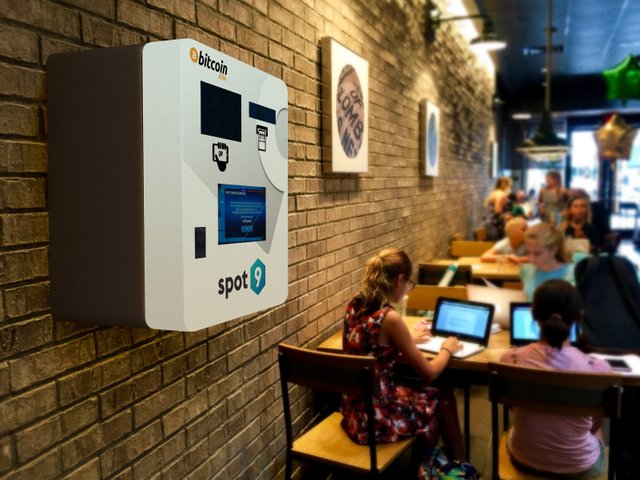Bitcoin cash machines are abuzz around the world but Germany will have to wait

Bitcoin ATMs have been highly successful in countries across the Atlantic, particularly the United States and Canada. In fact, more than 75% of all currently operating Bitcoin ATMs are in North America. Nevertheless, Bitcoin ATMs have also reached European shores in countries like the UK, Austria, Ukraine, and Switzerland. But this begs the question: why has Germany, one of the most powerful economies in the world, not partaken in this new development as of yet?
Several factors may contribute to the current lack of operating Bitcoin ATMs in Germany. One can first look to the German Federal Financial Supervisory Authority (Bundesanstalt für Finanzdienstleistungsaufsicht, better known as the BaFin). BaFin controls and oversees all activity in the financial sector and has the ultimate authority to approve any Bitcoin ATM before it is allowed to begin operating. In 2011, the BaFin classified Bitcoin as a financial instrument rather than a currency. This is precisely the reason why the hurdles for Bitcoin ATM operation in Germany are so high. From the perspective of the BaFin, a Bitcoin ATM operator is trading financial instruments “on street corners” therefore should be subject to strict supervision. For example, the ability to trade financial instruments in Germany requires a banking license (one precondition is that the entity possesses a starting capital of €700,000).
This is only the tip of the iceberg when it comes to the amount of hurdles that have to be passed in order to run a BaFin-approved Bitcoin ATM among others.
● Financial instruments require permit for trading in accordance with BaFin
● High regulations coupled with high costs
● Perceived security risks
● Require strong financial industry background
Taking this into consideration, it is clear why major banks and industry players in Germany have shied away from any plans to introduce Bitcoin ATMs.
In order to make Bitcoin ATMs a reality, the classification of Bitcoin as a financial instrument would have to be removed, although this is less likely. Perhaps more likely is the possibility of an introduction of a law which constitutes a special arrangement for Bitcoin ATM providers although there is a lack of economic and political pressure on the German government for this.
Despite all of this, there is still hope. Spot9 is attempting to introduce cryptocurrency ATM machines in Germany. “Germany is in danger of missing out on the digitalization of banking opportunities and forward-looking solutions to open up the market for cryptocurrencies. The ability to trade and benefit from the use of digital currencies in everyday life should be possible the same way as are payments with Euro or other Fiat currencies,” Spot9 CEO Johannes Gorski said.

About spot9:
The Berlin-based Fintech start-up Spot9 is planning to become the world’s first bank that offers full crypto services. Smart banking for smart people — this is why Spot9 is focused on digital and mobile banking products with fully integrated fiat and digital currencies. These include highly secure and transparent real-time cryptocurrency transactions as well as smart contract-based banking solutions.
Spot9 is going to expand the cryptocurrency infrastructure in Germany and other European Countries through the offering of financial services like crypto ATMs, global crypto credit cards, point-of-sale (PoS) devices, and comprehensive mobile banking solutions. Spot9 will announce an ICO later this year to offer one of the first German security coins. It is soon be made available on www.spot9.de